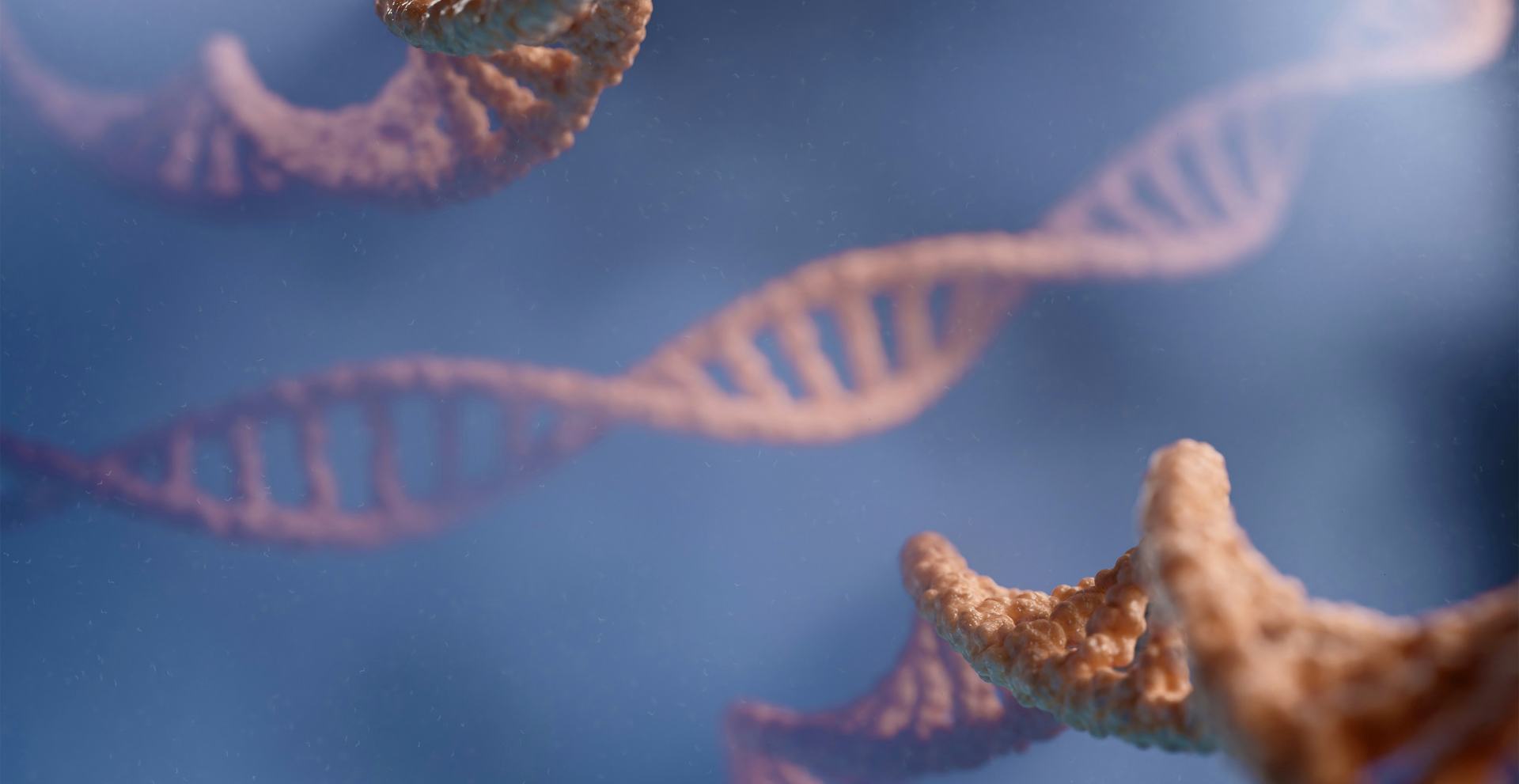Overcoming Treatment-Resistant Depression: Hope for a Brighter Tomorrow
Living in the shadows of Treatment-Resistant Depression (TRD) can feel like an uphill battle, where hope often seems elusive, and the weight of despair seems insurmountable. If you've ever experienced the relentless grip of depression, you know how it can disrupt your life, cloud your thoughts, and leave you yearning for relief.
In this blog, we'll shed light on TRD. Knowledge is power, and with understanding comes the possibility of reclaiming your life.
Together, let's explore the paths that lead to healing and as we foster hope for a brighter tomorrow.
Understanding Treatment-Resistant Depression
A research article published in 2017 reported that "Major depression is the second leading cause of disability worldwide."
Around 10% of people in the United States are diagnosed with Major Depressive Disorder (MDD) each year and up to 21% of people have been diagnosed with MDD during their lifetime. Approximately 10% to 30% of patients with an MDD diagnosis do not respond positively (or at all) to standard antidepressants.
The quality of life may decrease significantly for these patients, impairing their ability to function daily. They may self-injure and/or have suicidal thoughts or attempts. Treatments may be effective briefly or not at all, and symptoms may consistently return--this is Treatment Resistant Depression (TRD).
Treatment Resistant Depression is complex and caused by multiple risk factors, making it difficult to define. In a study published by the National Institute of Health (NIH), mental health experts agreed that Treatment Resistant Depression (TRD) may be present in, "patients who have not been helped by two or more antidepressant treatment trials of adequate dose and duration." If you've tried two or more antidepressant treatments without satisfactory results, you may have TRD.
That same study goes on to say that at any one time, 14 million people suffer from depression, but only about half receive any form of treatment. Of the half who receive treatment, only one-third get the right medicine on the first try.
Identifying Treatment-Resistant Depression in Yourself
If you suspect TRD, reflecting on your past experiences with antidepressant treatments is essential.
- Have you tried two or more medications without significant improvement in your symptoms?
- Did the relief from medication prove to be short-lived?
Analyzing your response to previous treatments can help you and your healthcare provider determine the best course of action moving forward.
Seeking Proper Treatment for TRD
Primary care physicians often play a significant role in managing depression. For many individuals, these doctors serve as the first point of contact for addressing mental health concerns. They can initiate treatment with standard antidepressant medications and offer initial support.
However, when dealing with TRD, it becomes crucial to recognize when further expertise might be necessary. Consulting specialists can bring additional benefits.
And while the path to healing may vary, and the road may seem daunting, effective treatments and recovery are possible. With advancements in modern medicine, there are numerous avenues to explore in pursuing a better quality of life.
Here are a few things to consider when seeking treatment and exploring options for moving past TRD.
Consult a Psychiatrist or Psychologist
Psychiatrists are medical doctors with specialized training in mental health, making them well-suited to handle the intricacies of treatment-resistant cases. They can offer a deeper understanding of the condition, evaluate and supervise medication adjustments, and integrate various therapeutic approaches for a comprehensive treatment plan.
Psychologists, on the other hand, can provide valuable insights through psychotherapy. Their expertise in evidence-based therapies like Cognitive Behavioral Therapy (CBT) or Dialectical Behavioral Therapy (DBT) can be instrumental in helping individuals cope with the challenges of TRD and develop effective strategies for managing symptoms.
Collaborating with these specialists opens new possibilities for customized treatment approaches, combining medications and therapies to improve outcomes and overall well-being.
Give Medication Time Before Considering TRD Diagnosis
Allowing for a fair trial of different antidepressant medications before considering TRD is also crucial. Depression varies widely from person to person, and what works for one individual might not be as effective for another.
Patience is critical during this process, as some antidepressants may take time to reach their full potential and alleviate symptoms. Dosage adjustments may be necessary to find the right balance for optimal results.
In some cases, exploring various antidepressants under the guidance of a healthcare professional can lead to a breakthrough, offering relief from symptoms and potentially avoiding the need to classify depression as treatment-resistant.
Explore Cognitive Behavioral Therapy or Dialectical Behavioral Therapy
Psychological counseling, particularly Cognitive Behavioral Therapy (CBT) and Dialectical Behavioral Therapy (DBT) offers valuable tools for coping with TRD. These evidence-based therapies focus on identifying negative thought patterns, developing healthy coping mechanisms, and fostering emotional resilience.
Diversify Support: Individual, Group, and Family Counseling
The supportive environment of therapy can prove instrumental in managing TRD. Individual therapy offers one-on-one attention, while group therapy provides a sense of camaraderie and understanding among peers facing similar challenges. Family therapy can strengthen support systems, fostering healthier relationships and communication.
Look Beyond Medication to Non-Invasive Treatment Procedures like TMS
For some individuals with TRD, non-invasive treatment procedures can be viable options. Electroconvulsive Therapy (ECT), Transcranial Magnetic Stimulation (TMS), and Vagus Nerve Stimulation (VNS) are among such treatments. These procedures have shown promising results in alleviating TRD symptoms with fewer side effects than traditional approaches.
TMS, specifically, offers remarkable results in providing relief to many individuals who have not responded to conventional antidepressant medications.
Improve Lifestyle Habits
In the pursuit of holistic well-being, lifestyle factors play a crucial role. Regular exercise, balanced nutrition, and adequate sleep contribute to overall mental and physical health. These lifestyle changes can complement other treatment strategies and improve outcomes for those facing TRD.
Remember, everyone's journey is unique, and finding the right combination of treatments can significantly improve one's quality of life.
Friendswood Psychiatry and TMS Clinic: Your Partner in Hope
At Friendswood Psychiatry and TMS Clinic, we firmly believe in the power of hope and the possibility of a better quality of life, even in the face of TRD. We understand TRD's challenges and provide compassionate and effective care to our patients. Our mission is to be a beacon of hope for those struggling with TRD, offering support and innovative treatment options to help you rediscover joy and fulfillment in life.
Seeking help can be difficult, but taking that step is an act of courage and self-compassion. You don't have to face it alone. Our team is here to listen, understand, and collaborate with you on your journey toward healing. Together, we will navigate the complexities of TRD and develop a tailored treatment plan that addresses your unique needs.
Find Mental Health Treatment Near You Today
If you seek care near Friendswood, Pearland, League City, Clear Lake, Nassau Bay, Kemah Webster, South Shore, or Houston, we are here to help. Our state-of-the-art clinic offers a comprehensive range of treatments.
Contact Friendswood Psychiatry and TMS Clinic to schedule a consultation. There is hope, and we are here to help you find it.

HELPFUL LINKS
SCHEDULE A CONSULTATION
It's important to know that you are not alone. You can get help with depression today!
WE SUPPORT MENTAL WELLNESS
- Depression
- Anxiety
- ADHD
- OCD
- Adjustment Disorders
- Life Transitions
- Autism Management
- Binge Eating Disorders
- Smoking Cessation







